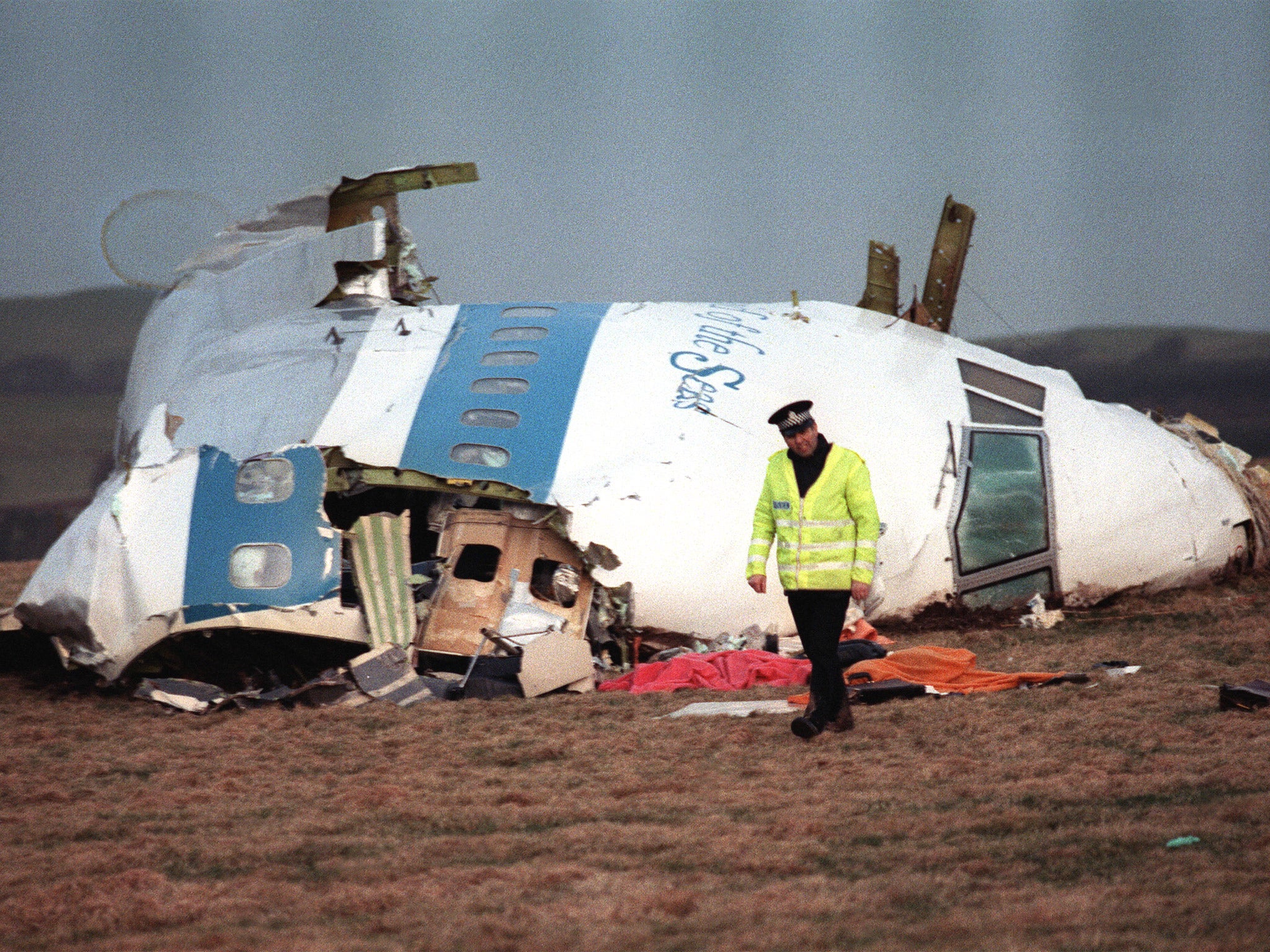Lockerbie bomber's conviction to be reviewed six years after his death
Abdelbaset al-Megrahi protested his innocence until his death in 2012

Your support helps us to tell the story
From reproductive rights to climate change to Big Tech, The Independent is on the ground when the story is developing. Whether it's investigating the financials of Elon Musk's pro-Trump PAC or producing our latest documentary, 'The A Word', which shines a light on the American women fighting for reproductive rights, we know how important it is to parse out the facts from the messaging.
At such a critical moment in US history, we need reporters on the ground. Your donation allows us to keep sending journalists to speak to both sides of the story.
The Independent is trusted by Americans across the entire political spectrum. And unlike many other quality news outlets, we choose not to lock Americans out of our reporting and analysis with paywalls. We believe quality journalism should be available to everyone, paid for by those who can afford it.
Your support makes all the difference.The conviction of the man found guilty of the Lockerbie bombing is to be reviewed.
Abdelbaset al-Megrahi was jailed in 2001 for the 1988 bombing of Pan Am flight 103, which killed 270 people.
He was jailed for 27 years but died of prostate cancer in 2012 after being released on compassionate grounds in 2009.
Megrahi dropped an attempt to overturn his conviction in 2009, ahead of his return to Libya.
He continued to protest his innocence until his death and his family last year lodged a new posthumous appeal.
The Scottish Criminal Cases Review Commission (SCCRC) said it believes Megrahi abandoned an appeal against his conviction “as he held a genuine and reasonable belief that such a course of action would result in him being able to return home to Libya” when he was suffering from terminal cancer.
SCCRC chief executive Gerard Sinclair said: “In any application where an applicant has previously chosen to abandon an appeal against conviction, the commission will, at the first stage of its process, look carefully at the reasons why the appeal was abandoned and consider whether it is in the interests of justice to allow a further review of the conviction.
“Having considered all the available evidence, the commission believes that Mr Megrahi, in abandoning his appeal, did so as he held a genuine and reasonable belief that such a course of action would result in him being able to return home to Libya, at a time when he was suffering from terminal cancer.
“On that basis, the commission has decided that it is in the interests of justice to accept the current application for a full review of his conviction.”
A statement issued on behalf of the Megrahi family by solicitor Aamer Anwar welcomed news of the review.
“The reputation of the Scottish law has suffered both at home and internationally because of widespread doubts about the conviction of Mr al-Megrahi,” it said.
“It is in the interests of justice and restoring confidence in our criminal justice system that these doubts can be addressed
“However, the only place to determine whether a miscarriage of justice did occur is in the appeal court, where the evidence can be subjected to rigorous scrutiny.”
Press Association contributed to this report
Join our commenting forum
Join thought-provoking conversations, follow other Independent readers and see their replies
Comments